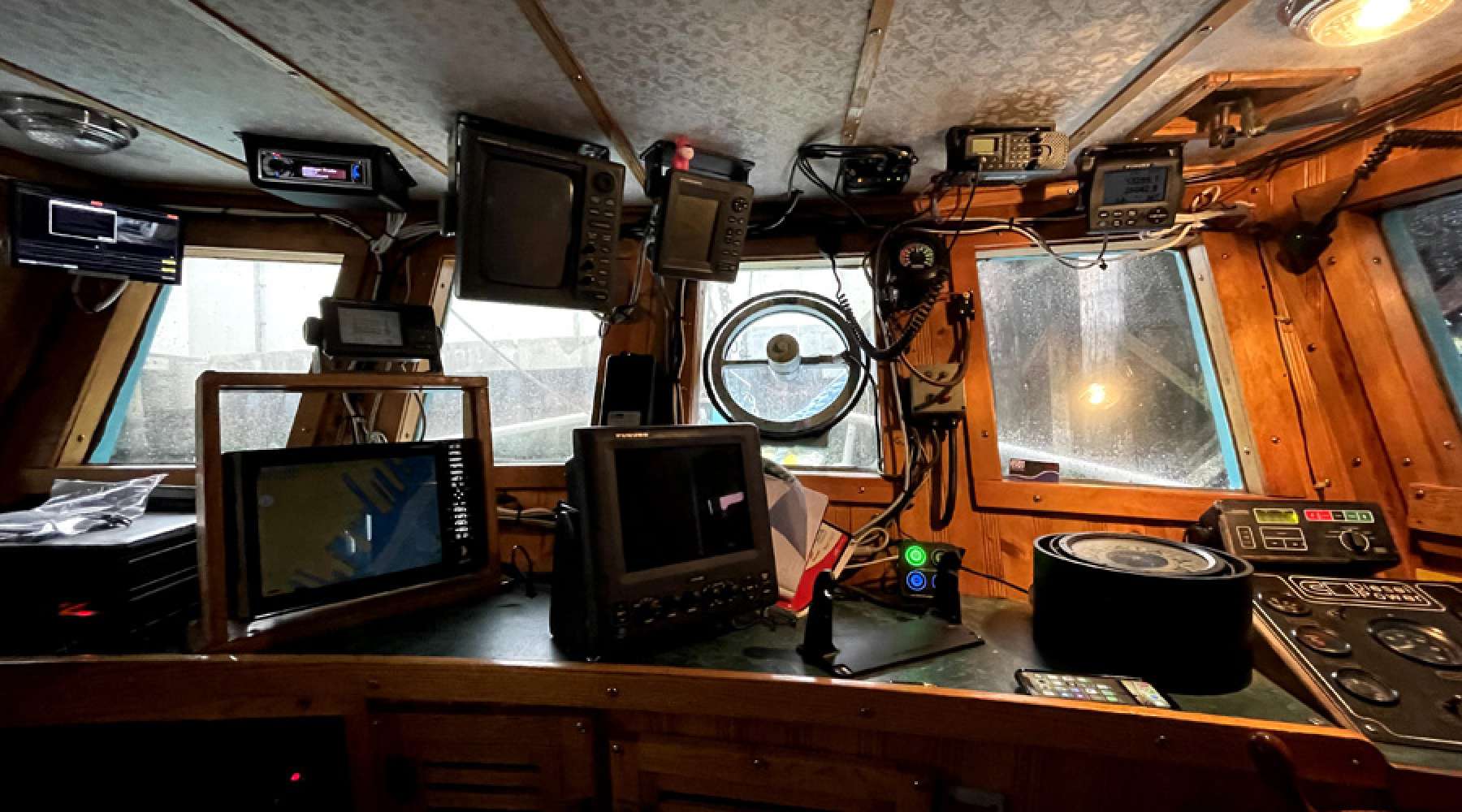

In a previous, not-so-distant life, I was a software engineer immersed in the tech industry. But I left all that to come to business school so that I could find passion in my career elsewhere. It didn’t take long before I realized conservation work was calling me. The outdoors shaped who I was and often healed me when I needed it most. It was time for me to invest in healing nature, which—as we all know—is long overdue.
But how was a software engineer with one year of business school background supposed to fit into conservation? While I networked with so many organizations during my first year, I always knew reaching for a nonprofit such as The Nature Conservancy (TNC) was a massive stretch. TNC is a BIG name in the conservation space and is known for hiring experts, which I was far from. It seems I had luck on my side though. With just a few weeks left before summer, the TNC Maine Chapter called me with an incredible opportunity. Without funding support from Tuck GIVES, I would not have been able to take it.
TNC Maine wanted my help evaluating electronic monitoring solutions of commercial fisheries, primarily focused on the groundfish industry off the coast of Maine. Monitoring of commercial fisheries is essential to maintaining sustainable fish populations. How can you keep track of what is left if you don’t know what you are taking out? Historically, that monitoring for the U.S. has been provided by the government in the form of human at-sea monitors. Using humans deployed on commercial fishing vessels comes with many challenges and is quite expensive to scale. In response, a variety of stakeholders—government, nonprofit, and the private sector—have all invested in electronic monitoring (EM) solutions that employ cameras and sensors rather than people.
TNC has played a large role in developing and supporting this newer alternative. For the past decade, many have been trying to bring down the cost of EM solutions in hopes of one day making it a viable, cost-effective solution that is chosen by the entire fleet. Yet, many barriers still exist that prevent us from getting there. My job was now to evaluate these barriers, with a fresh perspective, and determine where TNC could invest to overcome them. I took a systems approach: dissecting the problem in an organized manner and then stepping back to see where obvious opportunities arose. To my disbelief, I took 10 weeks to collect the right information and truly understand the problem and then just two weeks to develop a strategy for a single, incremental solution. My years as an engineer undoubtedly helped me wrangle the complexity (which I can’t even begin to explain).
Thanks to business school though, it became clear that the electronic monitoring market was a classic example of an inefficient market—one in which the price of services would never come to accurately reflect the true value of the service until those inefficiencies were corrected. My proposed solution is based on addressing those inefficiencies.
I hope to take my business degree directly to the nonprofit sector. This internship informed how I designed my second-year curriculum at Tuck and it will undoubtedly shape the experience I bring to my new career path moving forward.
The Tuck GIVES fund supports Tuck students' summer internships with nonprofit or public sector organizations. Each year, the Tuck community gathers to raise funds predominantly through a silent and live auction. Tuck Gives is student-organized with support from the Center for Business, Government & Society and Career Services.